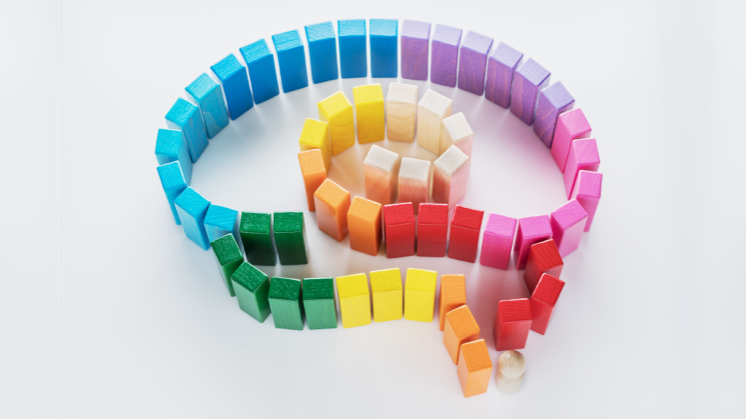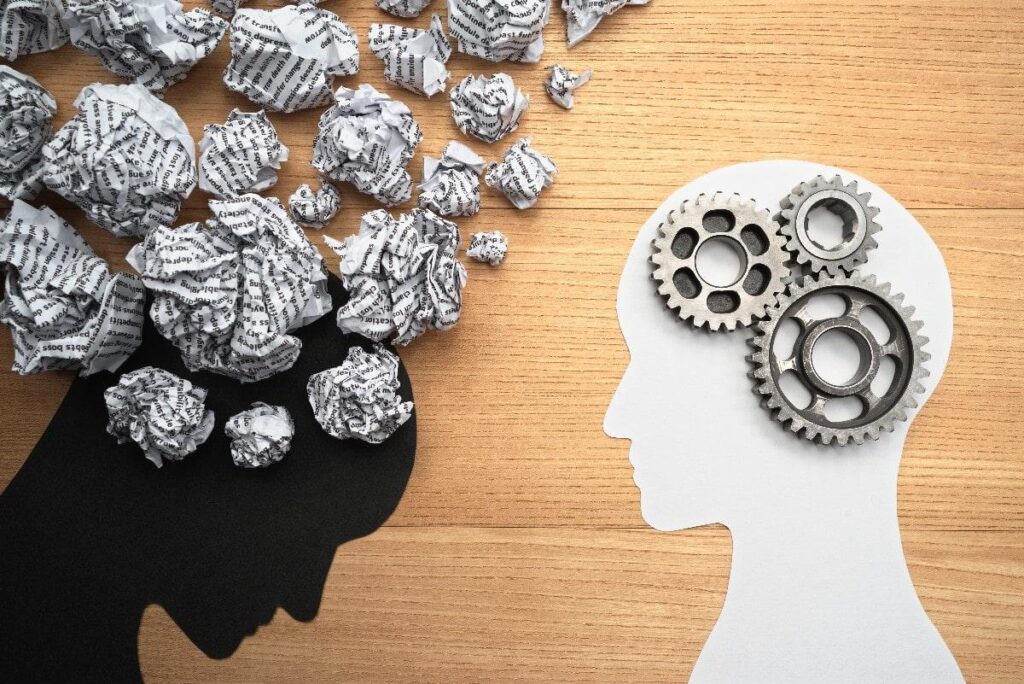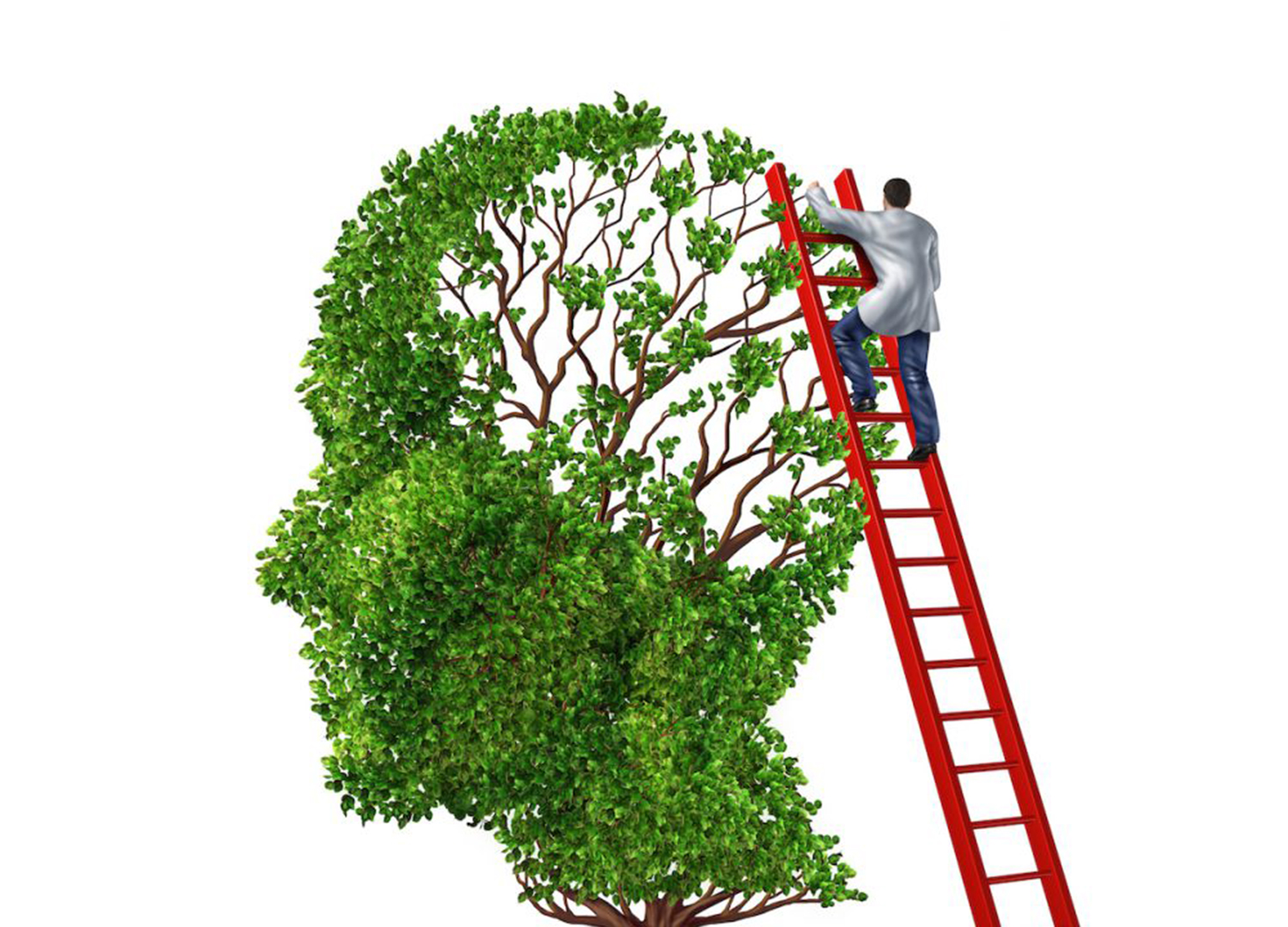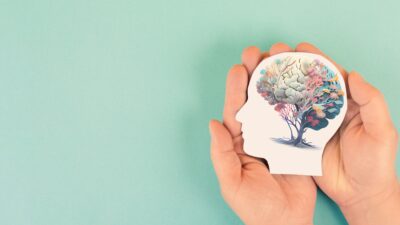
In today’s fast-paced world, mental clutter and overwhelming thoughts can significantly affect our overall well-being. Many individuals struggle to achieve balance and clarity in their daily lives due to stress, negative thinking, and external pressures. In this article, we delve into essential mental hygiene techniques designed to help you regain control, reduce stress, and establish clear daily focus. Grounded in psychological principles, we outline three practical strategies complete with step-by-step guidance and actionable tips that you can easily integrate into your routine. Whether you want to manage anxiety or simply foster a calmer mindset, this guide offers valuable insights tailored to support mental well-being in 2023 and beyond.
Understanding Mental Hygiene
Mental hygiene goes far beyond a trendy self-help term; it represents a comprehensive approach to cultivating mental clarity and emotional balance. It involves daily practices and mindful habits that help to clear mental clutter and reduce stress. Understanding mental hygiene starts with recognizing the importance of not allowing negative impulses and thought patterns to dominate your day.
Mental health experts have long stressed the significance of routine practices that help manage stress, anxiety, and depression. Just as physical hygiene prevents illness through regular care, mental hygiene prevents the accumulation of negative thoughts—an especially crucial practice in our increasingly digital and fast-paced world of 2023.
By practicing mental hygiene, you engage in the art of self-care: acknowledging your emotions, challenging irrational thoughts, and nurturing habits that promote positivity. Even minor adjustments in your daily mindset can yield significant benefits over time. For anyone experiencing brain fog or emotional burnout, embracing consistent small habits can pave the way for lasting mental clarity.
Strategy 1: Mindfulness and Meditation
Daily mindfulness and meditation practices open the door to a calmer, more focused state of being. These techniques train your mind to act as an observer rather than a reactive force to both internal and external stimuli. Mindfulness and meditation effectively reduce stress and anxiety by anchoring your thoughts in the present moment.
You don’t need to commit hours to meditation. Simple practices, such as deep breathing exercises or short guided sessions, can drastically improve your mental state. Recent studies highlight that even brief daily meditation helps reshape neural pathways, enhancing clarity and focus.

Experts recommend starting with five to ten minutes daily. Over time, as your practice deepens, gradually increasing this duration can yield even more profound benefits. Remember, mental hygiene is about consistency rather than perfection. Below are sub-strategies designed to help you deepen your practice.
Implementing a Daily Meditation Practice
Begin your day with a five-minute meditation session. Find a quiet space where you can sit comfortably and focus solely on your breath. This brief period of solitude sets a positive tone, preparing your mind to face the day’s challenges.
As you become more comfortable, extend your sessions gradually and explore various meditation techniques such as guided visualization or mantra repetition to enrich your practice.
Mindfulness in Everyday Activities
Mindfulness isn’t confined to dedicated meditation time. Incorporate mindfulness into daily tasks by fully engaging in every moment—whether you’re eating, walking, or even cleaning.
By paying close attention to the details of your everyday activities, you cultivate an awareness that not only creates calm but also equips you to handle stressful situations with ease.
Strategy 2: Cognitive Restructuring Techniques
Cognitive restructuring is a powerful technique rooted in cognitive-behavioral therapy that enables you to challenge and transform negative thought patterns. This strategy is essential for maintaining mental hygiene by reframing negative ideas into more positive or neutral perspectives. Cognitive restructuring is particularly beneficial for those burdened by persistent self-criticism or anxiety.
The process starts with identifying distorted thinking and then challenging these thoughts with logical evidence. This approach involves replacing negative thoughts with balanced alternatives, thereby reducing the emotional weight they carry.

Recent research underscores the effectiveness of cognitive restructuring in enhancing resilience and alleviating symptoms of depression. By regularly practicing this method, you can establish a cycle of positive thinking that fosters healthier, more adaptive thought patterns.
Strategy 3: Routine Physical Activity and Nourishment
The intricate connection between mind and body means that physical well-being directly supports mental clarity. Regular physical activity, coupled with proper nourishment, plays a crucial role in maintaining this balance. Physical activity not only releases endorphins that reduce stress but also creates a positive mental outlook.
Whether it’s a daily walk, a yoga session, or a more vigorous workout, exercise releases mood-enhancing chemicals while giving you a break from cognitive stressors. Additionally, a balanced diet rich in essential nutrients supports optimal cognitive function and emotional stability. Studies have repeatedly shown a strong link between nutritional quality and mental health.
Even moderate exercise, combined with mindful dietary choices, can uplift your mental state significantly. This holistic approach proves that mental clarity is best achieved by nurturing both the mind and the body.
The Role of Exercise in Mental Health
Exercise triggers chemical changes in the brain that elevate your mood and sharpen mental clarity. Establishing a regular exercise routine also fosters self-discipline, reinforcing other mental hygiene practices.
For many, even a short daily walk can disrupt negative thought cycles and boost overall energy levels.
Nourishment for the Mind and Body
Good nutrition serves as the foundation for both mental and physical well-being. Foods rich in omega-3 fatty acids, antioxidants, and vitamins can significantly improve brain function and help lower depression risks.
Adopting a balanced diet that prioritizes natural, whole foods along with proper hydration supports the brain in maintaining clarity and focus throughout the day.
Integrating Clarity into Daily Routine

Incorporating mental hygiene into your daily routine is about establishing lasting habits that align with your lifestyle. Each step—from a few minutes of mindfulness to a regular physical activity—contributes to a more focused and stress-resilient mind. This section combines the strategies discussed earlier and offers practical advice to keep mental clutter at bay. Consistency is key in turning these techniques into lifelong habits.
Setting aside even a few minutes each day reinforces your commitment to mental well-being. Whether you’re a busy professional or a student juggling deadlines, dedicating time to mental hygiene can transform your approach to personal growth. By weaving these strategies into your routine, they evolve from mere ideas into regular practices.
To make these habits stick, consider tracking your progress with a journal or digital apps that monitor mindfulness, cognitive patterns, and physical activity. Over time, these consistent efforts will build a protective barrier against daily stressors, paving the way for the mental clarity you seek.
Content Additional
For those looking to explore further, this section delves into additional aspects of mental hygiene that complement the core strategies. Embracing self-reflection and self-compassion is vital to building a resilient mindset. Studies have shown that journaling not only organizes your thoughts but also helps identify and address underlying triggers of anxiety and stress.
It’s important to remember that setbacks are a normal part of the journey. The pursuit of mental clarity is continuous, not an instant fix. When challenges arise, view them as opportunities for learning and growth. Cultivating a nurturing and forgiving internal dialogue is key to overcoming these obstacles.

Recent research into digital environments underscores the importance of setting boundaries in our constantly connected world. Limiting screen time allows your brain to rest and recover, promoting a natural rhythm that enhances mental well-being. These digital sabbaticals also free up space for richer interpersonal connections and a more grounded presence in daily life.
Exploring creative outlets—whether through art, music, or writing—provides an excellent complement to mindfulness, cognitive restructuring, and physical activity. Creative expression can unlock hidden emotions, offering a safe space to process complex feelings. Multiple studies confirm that engaging in creative hobbies improves mood and lessens the intensity of stress responses.
Maintaining mental hygiene is not a one-time effort; it is a continuous daily practice that demands commitment and self-compassion. By embracing mindfulness, cognitive restructuring, and healthy physical practices, you create a resilient mental environment that can withstand external pressures. Remember, significant change stems from consistent, deliberate actions over time. Embrace these strategies with an open mind and witness a profound improvement in your mental clarity and overall well-being. Your mind deserves the same care you give your body. For more detailed research and ongoing support, consider exploring reputable sources like the American Psychological Association and similar organizations.




